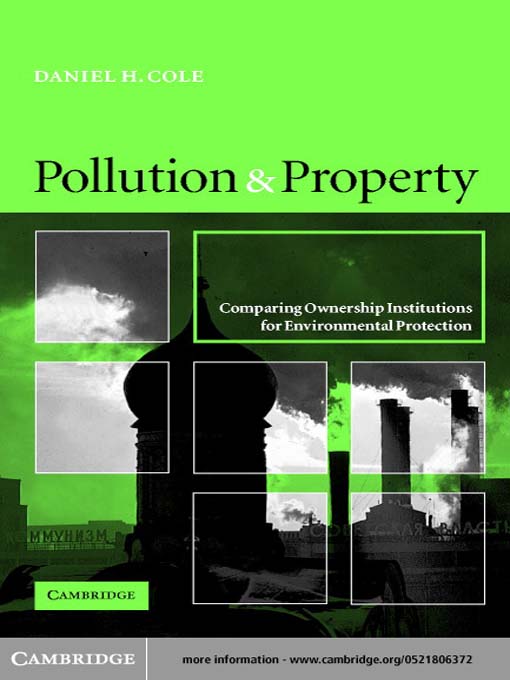- Available now
- New audiobook additions
- Most popular
- Try something different
- See all audiobooks collections

-
Creators
-
Publisher
-
Release date
July 18, 2002 -
Formats
-
Kindle Book
-
OverDrive Read
- ISBN: 9780511028892
-
PDF ebook
- ISBN: 9780511028892
- File size: 1381 KB
-
-
Languages
- English
-
Levels
- Lexile® Measure: 1530
- Text Difficulty: 12
subjects
Languages
- English
Levels
- Lexile® Measure:1530
- Text Difficulty:12
Why is availability limited?
×Availability can change throughout the month based on the library's budget. You can still place a hold on the title, and your hold will be automatically filled as soon as the title is available again.
The Kindle Book format for this title is not supported on:
×- - Kindle 1
- - Kindle 2
- - Kindle 4
- - Kindle 5
- - Kindle 7
- - Kindle DX
- - Kindle Keyboard
- - Kindle Paperwhite
- - Kindle Touch
- - Kindle Voyage
Read-along ebook
×The OverDrive Read format of this ebook has professional narration that plays while you read in your browser. Learn more here.